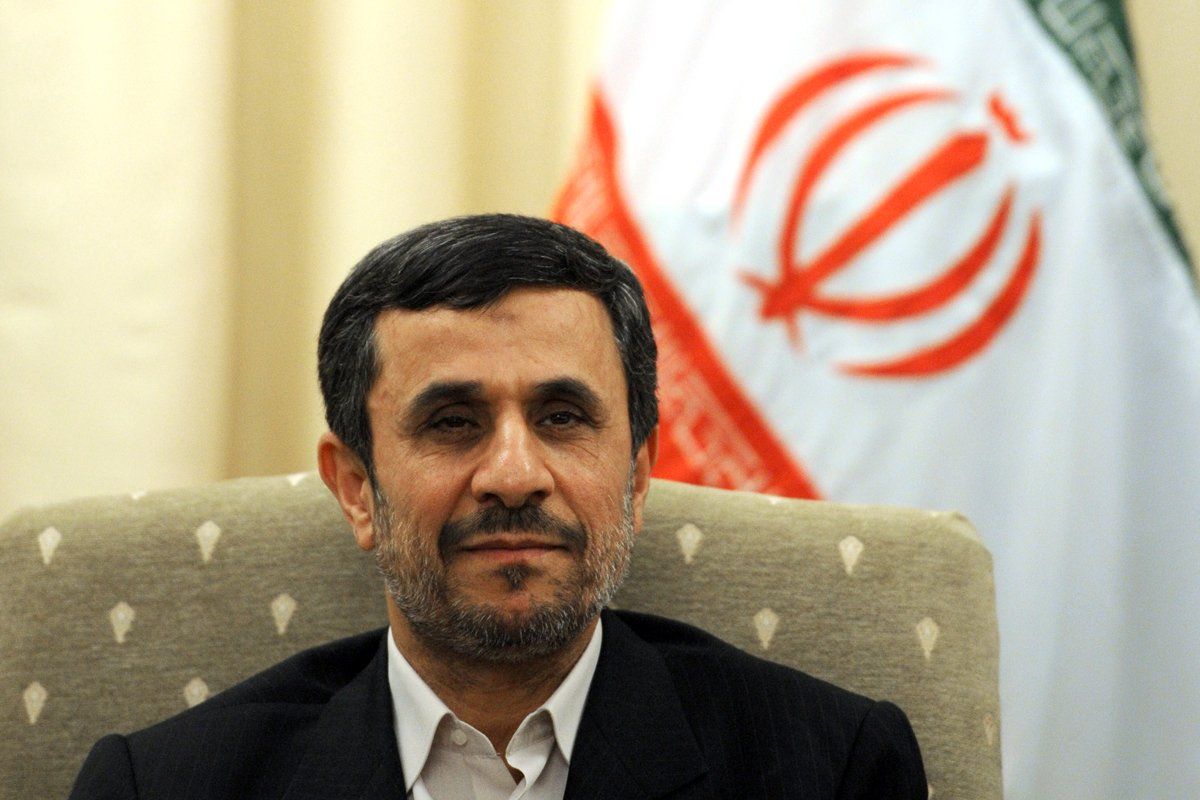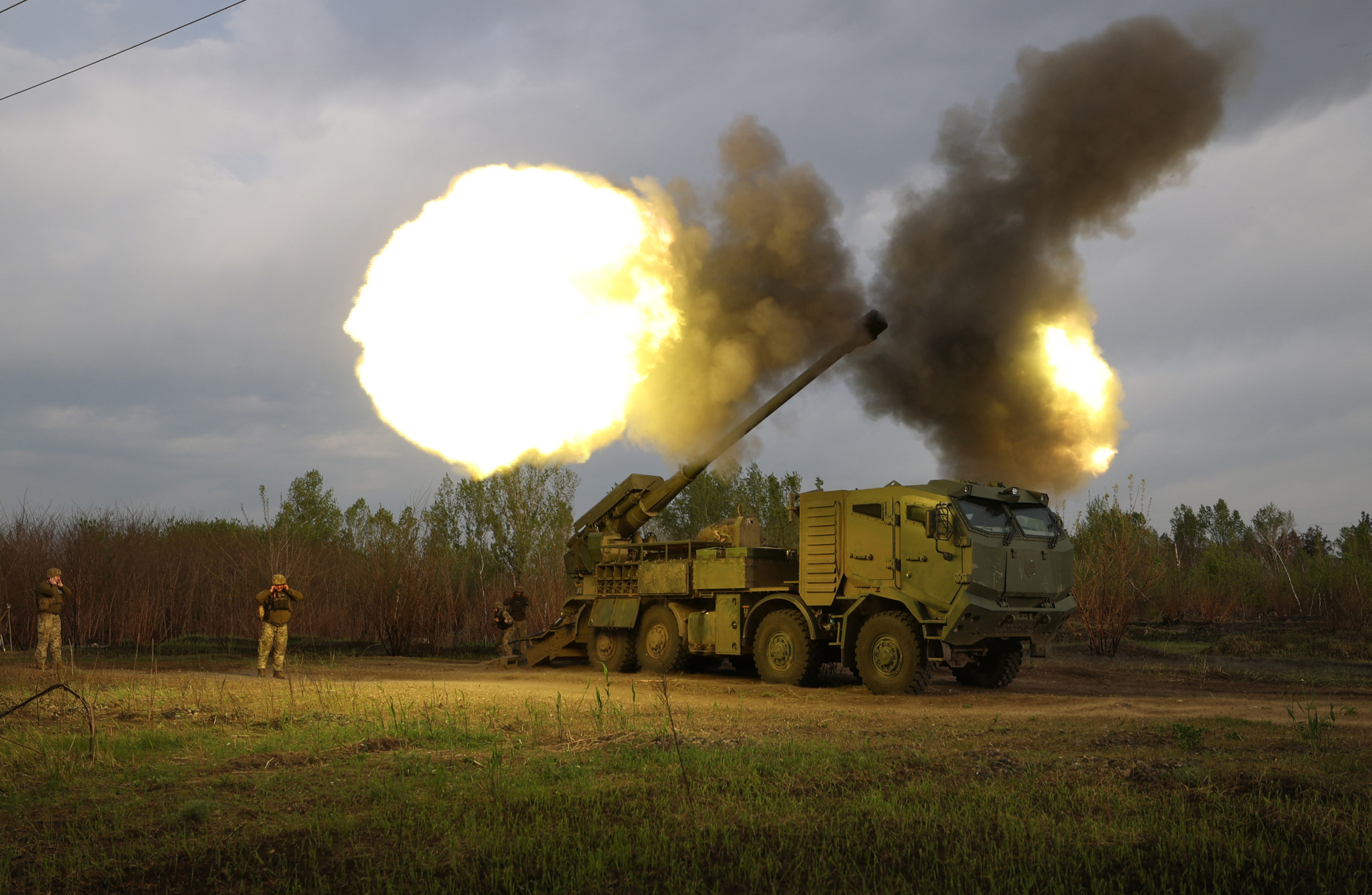
The signs of economic recovery in the United States grow more numerous—and with them rises the probability of President Obama's reelection. But two crises abroad threaten to rain on the American parade: the European sovereign-debt debacle and the phony war over Iran's nuclear program. Most commentators treat these two crises as unrelated. But they are in reality two sides of the same crisis. Call it the Euranian crisis.
The connection surfaced on Feb. 15 when Iran's Oil Ministry threatened to cut off exports to six European countries in a bid to preempt the EU embargo on oil imports from Iran, which goes into effect on July 1. At first sight, this was just a new version of an old ruse: if someone threatens you with sanctions, try to get your retaliation in first. In typical fashion, it coincided with television coverage of President Mahmoud Ahmadinejad personally inserting the first Iranian-made nuclear fuel rods into a reactor in Tehran (while chanting verses from the Quran)—as well as the arrest of three Iranians suspected of plotting attacks on Israeli diplomats in Bangkok.
It's all rather reminiscent of that gangster character Jimmy Cagney used to play: the little guy who tries to intimidate bigger opponents by acting like a psychopath. But there's even more method to Iran's seeming madness.
First, note which European countries Tehran threatened with its oil-export ban: France, Greece, Italy, the Netherlands, Portugal, and Spain. Four out of the six belong, with Ireland, to the "PIIGS" club of euro-zone countries with chronic deficits. These are not exclusively fiscal deficits (gaps between government spending and tax revenue). Experts have long given more weight to the PIIGS' trade deficits, which have been larger for longer than their fiscal deficits. According to Martin Wolf of the Financial Times, the key imbalance at the heart of the euro crisis is the trade and services deficit between the PIIGS and the so-called core: Germany.
But that's not the whole story. As my friend Kevin Harrington pointed out recently, the PIIGS also run a massive deficit with the oil-producing countries of the world, and especially those of the Middle East. According to the CIA, oil imports by those countries were around 4.6 million barrels a day in 2008. For the EU as a whole the figure was 18.2 million, of which just under a third came from the Middle East and North Africa. (The U.S. imported 11.3 million barrels a day, with around a fifth from those regions.)
True, Iran is not a huge exporter to Europe. According to the U.S. Department of Energy, total Iranian sales to the EU averaged 450,000 barrels a day last year. But more than 70 percent went to Italy and Spain, while a third of Greek oil imports came from Iran.
The case of Portugal is especially interesting, since if Greece is kicked out of the euro zone (as seems increasingly likely), Portugal will be next in line. In December 2011, its trade deficit with six oil-exporting countries was more than double the size of its deficit with Germany.
Europe's problems therefore extend far beyond the danse macabre of spiraling deficits, which German-dictated austerity budgets only make worse. On top of the notorious demographic problem, which is bankrupting the continent's superannuated welfare states, there is chronic energy dependency. Thanks to new sources of fossil fuel like shale oil, the U.S. has a way out of that dependency. Europe doesn't.
"Eurabia" was a term coined some years ago by the Egyptian-born author Bat Ye'or to describe the cultural consequences of decades of Muslim immigration to Europe. But there's also Eurania: the nexus between Europe and Middle Eastern oil. (It's scant consolation that the continent's reliance on Russia and other former Soviet republics is even greater.)
All of which helps to explain what the Iranians were trying to achieve with their threat of an oil-export ban to select European countries. Energy dependency has geopolitical consequences—like reducing your leverage in any row with an oil exporter. If even the rumor of an Iranian export ban could send the price of oil above $120 a barrel, what would a full-scale showdown between Iran and Israel do? Answer: it would inflict yet more economic misery on Europe, which gives Brussels a big incentive to avoid such a showdown.
And that's why, even as his government threatened to ban oil exports to Europe, Iran's top nuclear negotiator, Saeed Jalili, recently declared that he was ready to hold new nuclear talks "in a constructive way." That translates into holding new talks "in a way that drives a wedge between Europe and Israel."
Eurania isn't on any map. But it's there in the trade statistics, if you bother to look.
Uncommon Knowledge
Newsweek is committed to challenging conventional wisdom and finding connections in the search for common ground.
Newsweek is committed to challenging conventional wisdom and finding connections in the search for common ground.
About the writer
To read how Newsweek uses AI as a newsroom tool, Click here.






